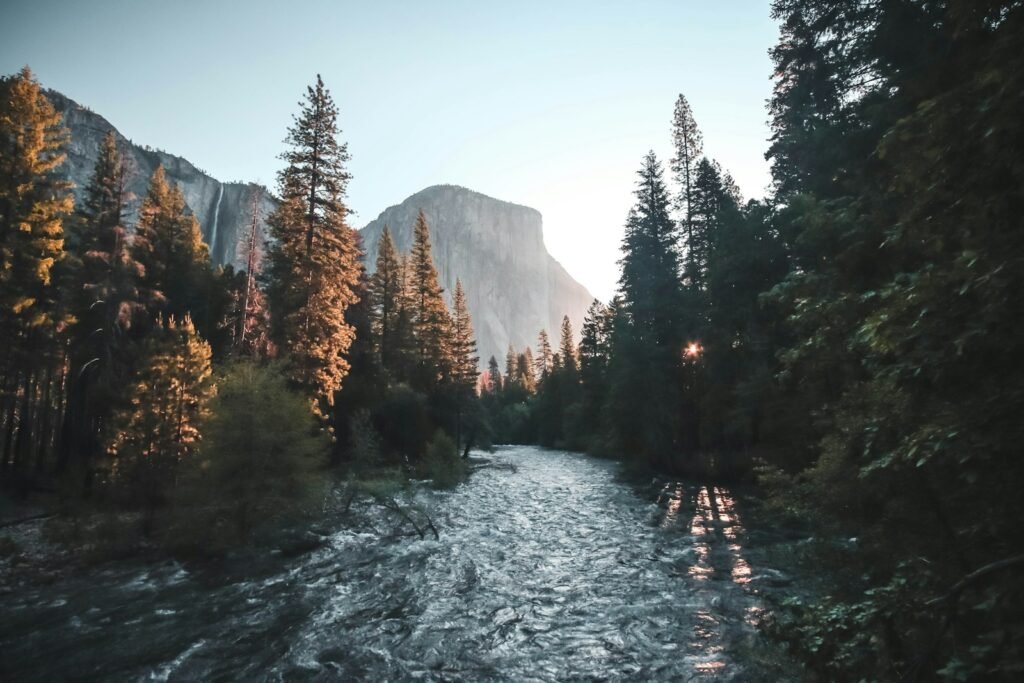
Denver – Colorado’s Governor Jared Polis and Attorney General Phil Weiser are urging the U.S. Supreme Court to dismiss a lawsuit filed by Nebraska concerning water rights associated with the South Platte River and the long-stalled Perkins County Canal project.
In a brief submitted to the Court, Colorado contends that it is in complete compliance with the South Platte River Compact, an agreement that has been in place for nearly a century and regulates water use between the two states. The state asserts that Nebraska’s legal challenge is both premature and unfounded, as there are no existing violations to resolve.
“Nebraska’s claimed violations rely on a mix of speculative and premature allegations,” said Attorney General Weiser. “To the extent any legal issues arise in the future, there are alternative forums to resolve them.”
The case, Nebraska v. Colorado (No. 220161), centers on Nebraska’s renewed efforts to construct the Perkins County Canal, a project it has discussed for over 100 years but only recently began moving forward on through preliminary permitting and planning with the U.S. Army Corps of Engineers.
While recognizing Nebraska’s entitlement under the agreement to construct the canal, officials from Colorado assert that the adjacent state is exploiting the lawsuit as a means to renegotiate the compact and obtain additional water—without any valid reason.


“Water is the lifeblood of our state,” Governor Polis said. “We refuse to sit idly by while Nebraska chases a meritless lawsuit that threatens Colorado’s precious water resources, our robust agriculture industry, and our rural communities in Northeastern Colorado.”
State Engineer Jason Ullmann also pushed back on Nebraska’s claims, saying Colorado has consistently upheld its obligations. He noted that Nebraska only recently expressed concerns about water allocations during the irrigation season.
“For over 100 years the Colorado State Engineer’s Office has worked with Nebraska to ensure both states receive their allotted share,” Ullmann said. “We were surprised and disappointed by Nebraska’s lawsuit.”
According to the U.S. Constitution, the Supreme Court holds original jurisdiction over disputes between states, which encompasses issues concerning water rights. Nevertheless, the Court must first consent to hear these cases. Nebraska is presently requesting approval to submit its complaint, while Colorado is advocating for the Court to reject that request.
Even if the case proceeds, Weiser expressed confidence in Colorado’s position: “Both the facts and the law are on our side.”


